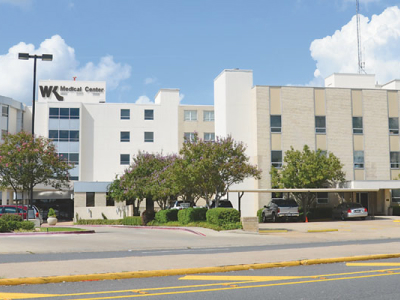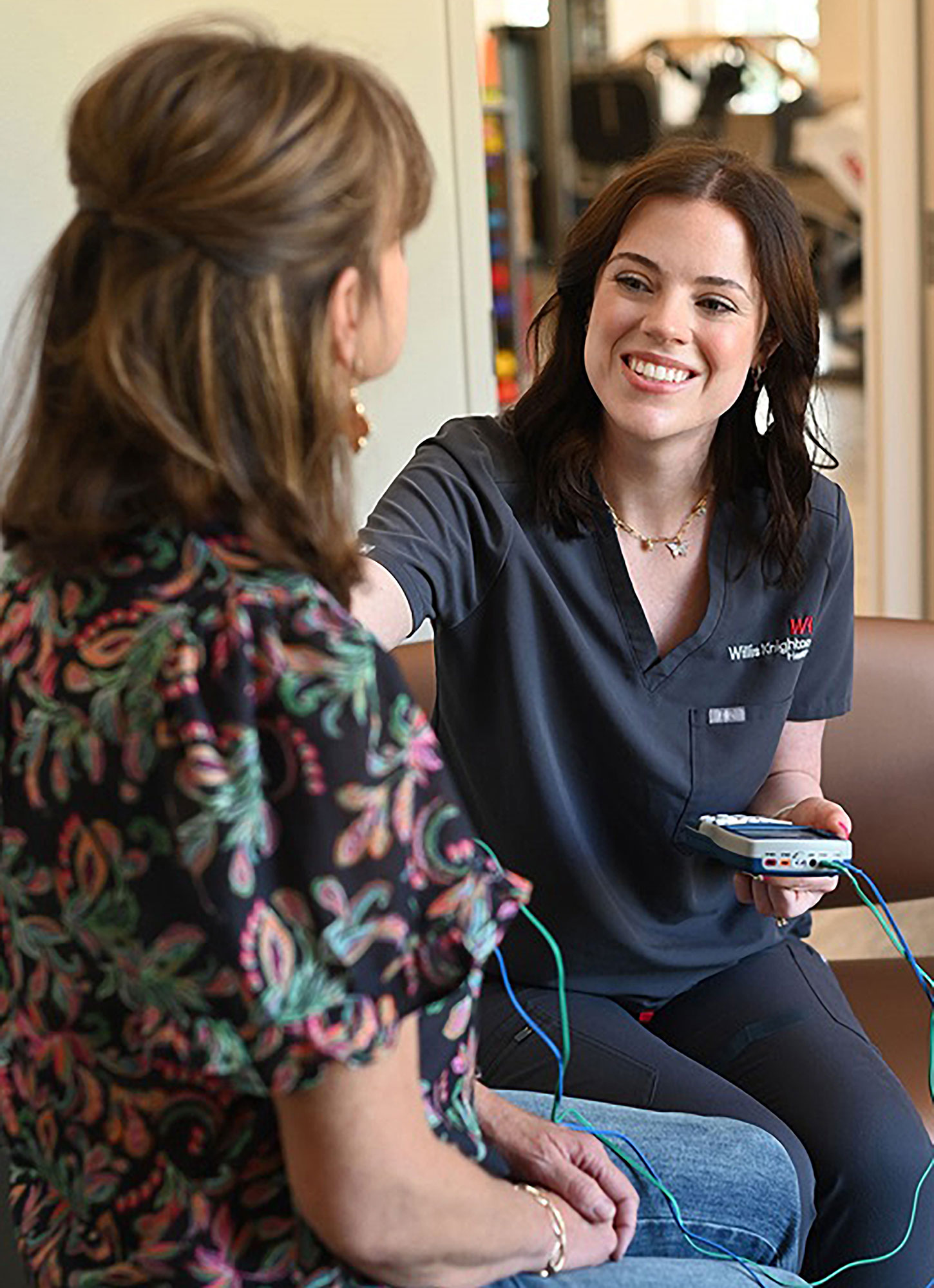Pneumonia
Overview
This is an infection of the lungs. It can make breathing difficult. For some people, especially young children, the elderly and people who have a weak immune system, it can be very serious.
Causes
Pneumonia is caused by germs that enter your lungs and overwhelm your body's defenses. These germs cause inflammation and fluid buildup in the air sacs of your lungs. Bacteria, viruses, fungi and other parasites can all cause pneumonia. You can encounter these germs in the environment, especially in places where many people congregate. They can be spread by coughs, sneezes and contaminated surfaces. Pneumonia can be spread through contaminated equipment in hospitals, outpatient clinics and other care facilities. This type of pneumonia may be more resistant to antibiotics. Pneumonia can also develop in people who inhale food, drink, saliva or vomit into their lungs. This can be a problem for people who have trouble swallowing properly. It can be a problem for people who abuse alcohol and drugs.
Symptoms
The symptoms of pneumonia may include fever, chills and a cough. You may have chest pain and shortness of breath. You may have nausea, vomiting and diarrhea. You may feel fatigued. These symptoms tend to last longer than those of a common cold or flu.
Treatment
Treatment options depend on your age, your overall health, the cause of your infection and the severity of your symptoms. You may benefit from antibiotics. You may benefit from medications that reduce fever and control coughing. You may require breathing assistance. Some people need to be hospitalized. Your healthcare provider can create a care plan that is right for your needs.














